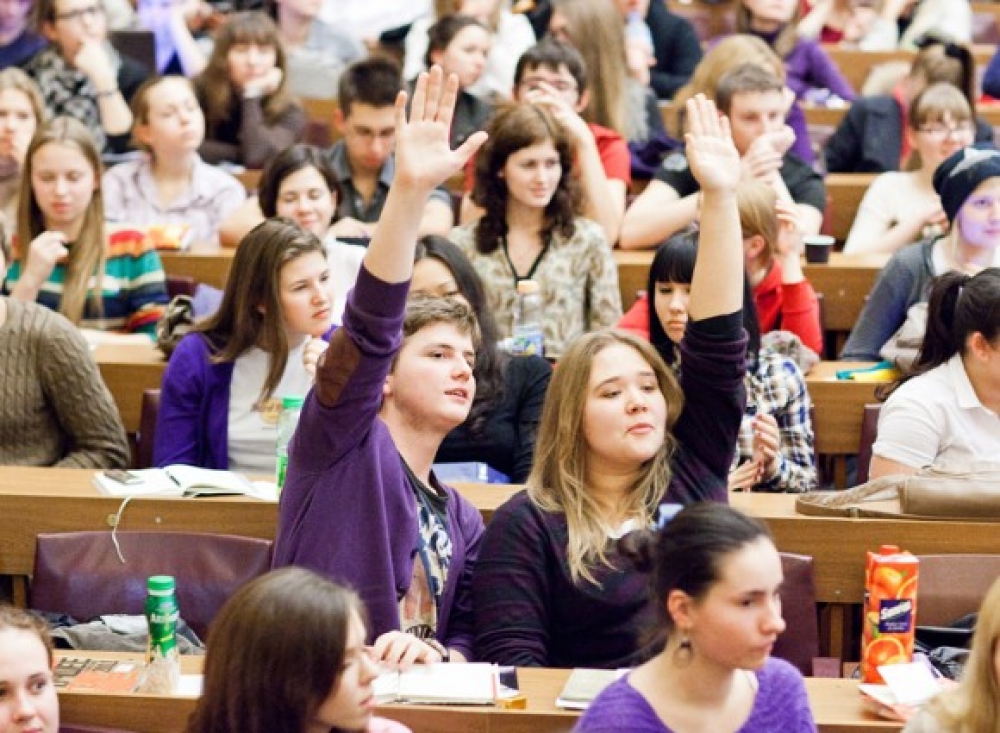Professor of public policy studies and political science and director of the DeWitt Wallace Center for Communications and Journalism of the Terry Sanford Institute of Public Policy at Duke University Ellen Mickiewicz in her recent book “No illusions: the voice of the future leaders of Russia” wrote about views and attitudes of the younger generation of Russia. She is an honest analyst. If the results of her investigations contradict to what she has expected, she doesn’t try to manipulate them or sweep them under the carpet.
In recent years, Ellen Mickiewicz conducted 12 detailed interviews among graduates of three well-known Russian universities: Moscow State University, MGIMO (Moscow State Institute of International Affairs) and Higher School of Economics. The results have disappointed Washington.
Despite lingering from perestroika times aggressive attempts to brainwash young Russians (including through textbooks issued on Soros money), the majority of respondents cast doubt upon the assertions of homegrown liberals and their overseas mentors that “liberal Western model would be the best political system for Russia”.
The respondents were asked whether inspired by the West “blessings of civilization”, such as mobile phones, easy Internet access, the opportunity to visit other countries, made young Russians accept liberal values rather than those accepted by their “Soviet” parents. Most of young Russians answered “No”.
Russians in their twenties want to see Russia as a sovereign state, opposing the Euro-Atlantic community, and reject the primacy of international law over national law. Moreover, the majority of the students believe that Putin is leading the country in the right direction.
The author has drawn a conclusion that the more young Russians are educated, the more anti-American views they have.
